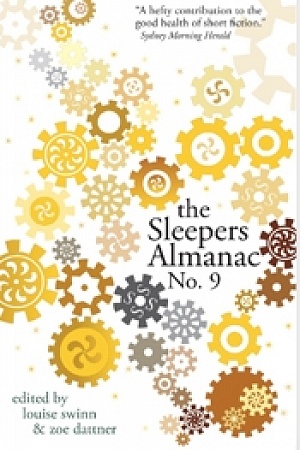Griffith Review 24: Participation Society
Griffith University $19.95 pb, 262 pp
Griffith Review 24: Participation Society edited by Julianne Schultz
'It’s in your hands, Julianne,’ proclaims an e-mail from Barack Obama. So opens the latest Griffith Review, which explores the many ways that, across the globe, individuals and groups are taking social, political and environmental matters into their own hands. Addressee aside, the Obama e-mail sent to editor Schultz in the final week of the US election campaign landed in the virtual hands of millions. But as Schultz notes, the Obama campaign saw ‘social networking’ on a massive scale, made millions feel involved and, she posits, saw a concomitant end to the ‘era of mass media politics’. Marian Arkin’s memoir picks up on campaign engagement, recalling her involvement with a large-scale community of volunteer lawyers working to protect the integrity of the US election process. Arkin’s article provides a useful guide to those who find the US electoral college system a mystery.
Anna Coombs logs on to cyber activism via GetUp!, an organisation of 330,000 members who have become online activists. Coombs cites Howard government backdowns on the abortion pill, treatment of asylum seekers and ABC funding as examples of successful GetUp! actions, but acknowledges that measuring campaign effectiveness is difficult and that not all activists are progressives. Kate Cole-Adams’s wry account of Internet dating (‘like the first five minutes at an Ikea store – everything is possible and seemingly affordable’) and of observing her own ‘mating rituals’ makes engaging reading.
The principal essay, by Cheryl Kernot, moves offline and demonstrates the British origins of much ‘social entrepreneurship’. Kernot’s long enumeration of change driven by ‘third sector’ cooperatives, charities and volunteer schemes sometimes forfeits critical analysis, but her warning that worthy local innovations can become victims of their own success through adoption by centralised government is salutary.















Leave a comment
If you are an ABR subscriber, you will need to sign in to post a comment.
If you have forgotten your sign in details, or if you receive an error message when trying to submit your comment, please email your comment (and the name of the article to which it relates) to ABR Comments. We will review your comment and, subject to approval, we will post it under your name.
Please note that all comments must be approved by ABR and comply with our Terms & Conditions.